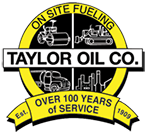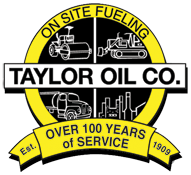Safety Throughout the Year
Safety Throughout the Year - As the owner of a fleet of vehicles, whether construction or transportation or something in between, you know the importance of safety – all the year through. But as 2019 comes to a close, it’s especially important to give ourselves reminders of why safety is critical when it comes to managing your fleet. With the holidays comes more traffic on the roadways, which means you must focus on creating safer roadways for everyone out there. Think about creating a safety culture of sorts at your company to place a big priority on staying safe, both for your drivers and for everyone else on the road. It should be a way of life. Make that your New Year’s resolution as a responsible fleet owner! Guaranteed, you will see the ripple effects extend far beyond what you thought could be possible. Here are a few ideas for you to implement. Create a Safety Program with Rewards Rewarding people is always a nice incentive, a great motivator if you will. Safety should be at the core of who you are and what you deliver. Train your employees to put safety at #1. To move this along, reward members [...]


